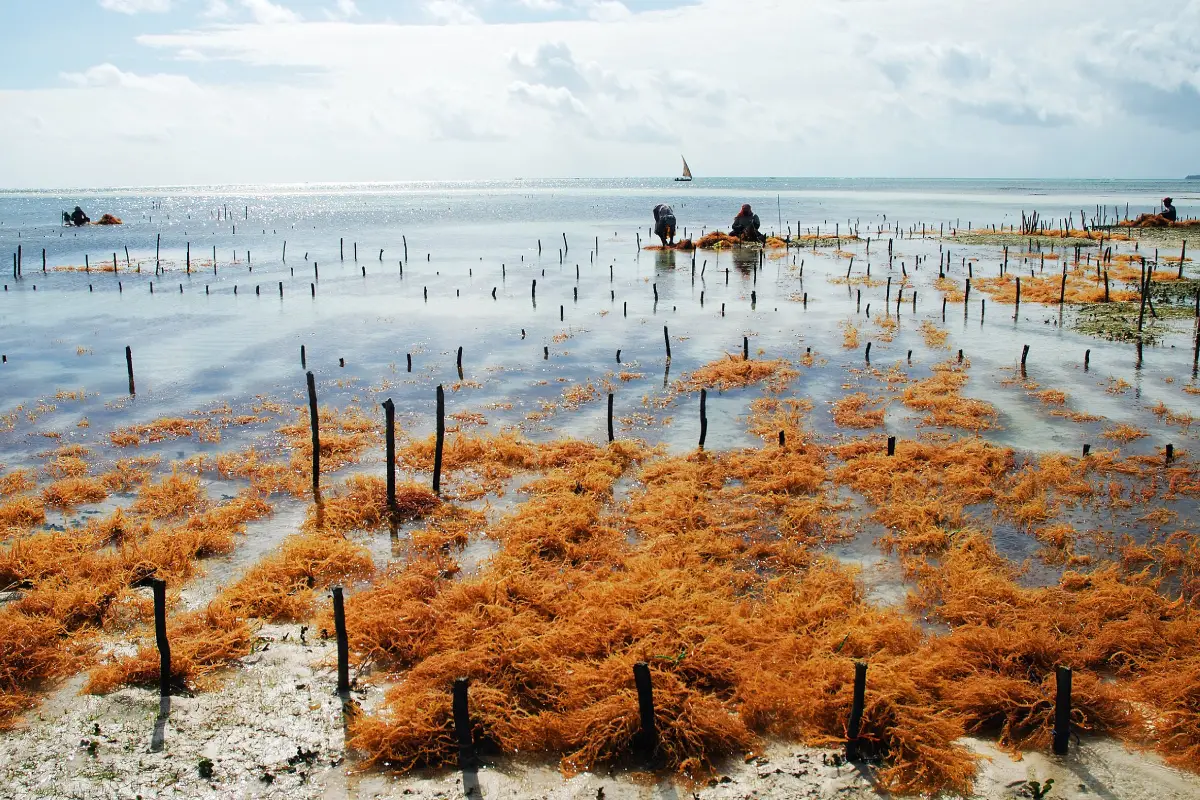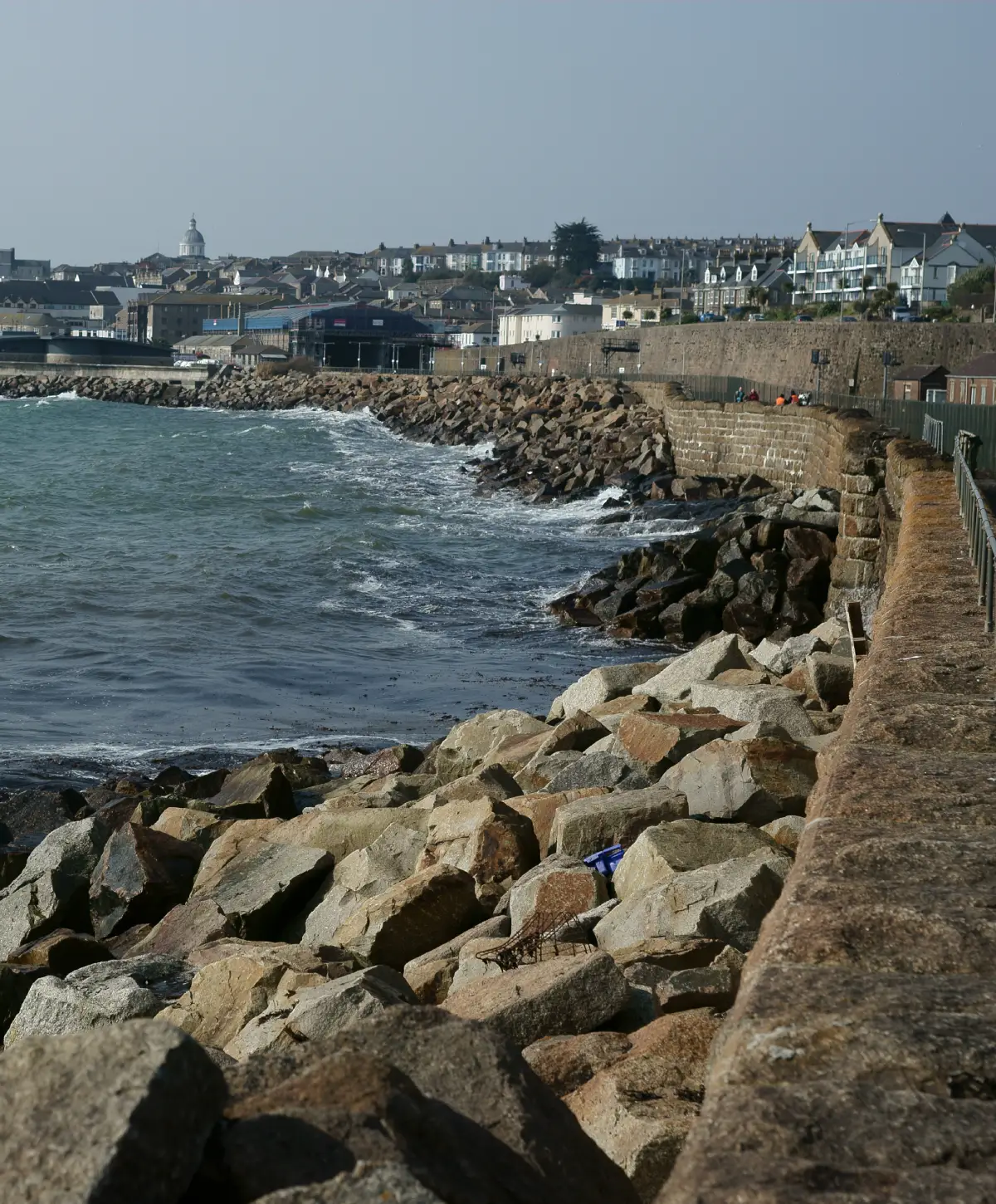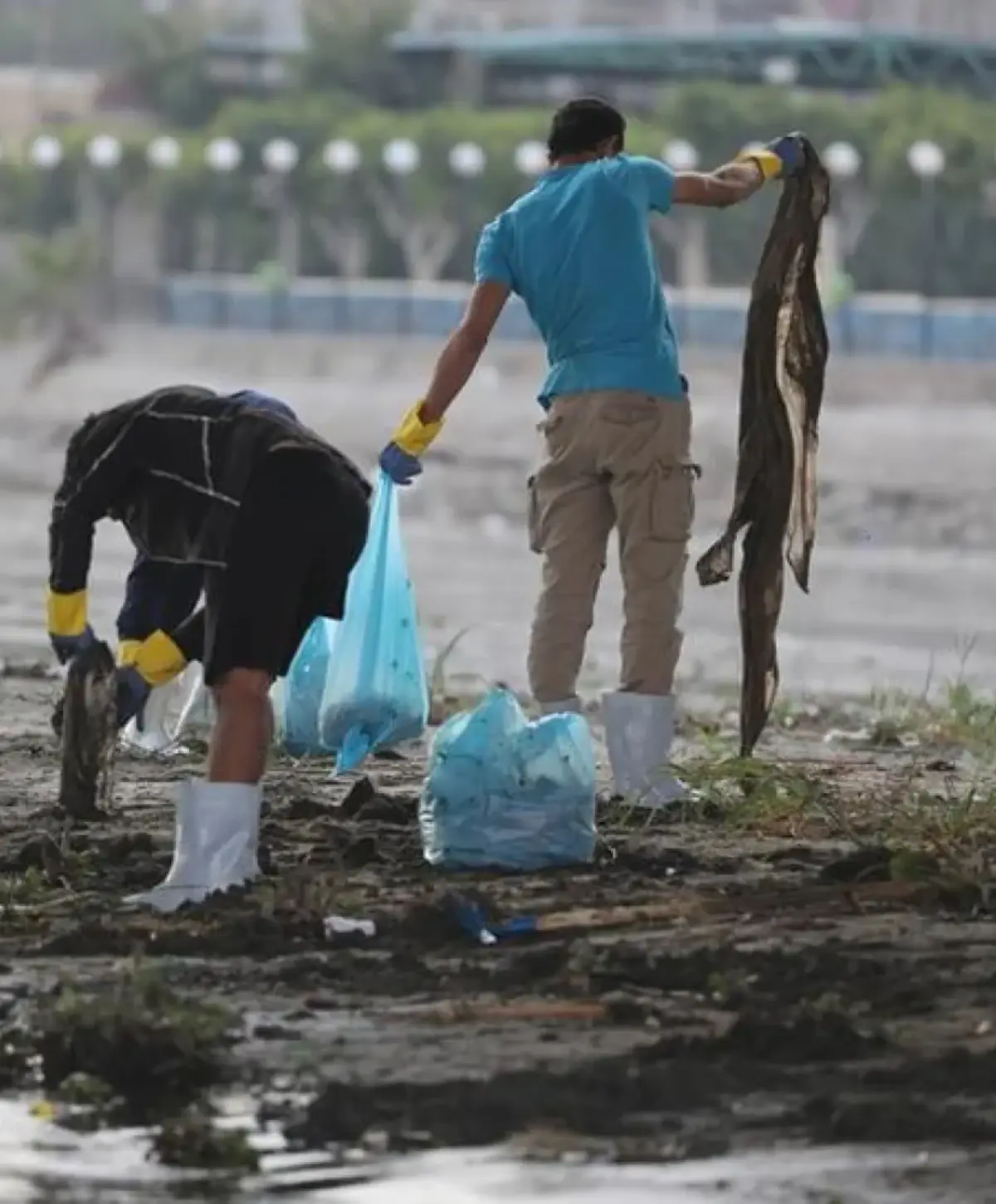
Vision:
To build resilient coastal communities in Zanzibar through education, ecosystem restoration, and sustainable livelihoods that counter climate change.
Mission:
To implement locally led climate adaptation strategies that protect the environment, enhance food security, and strengthen community resilience, particularly among youth and women.
Key Objectives
- Community Climate Education:
Deliver climate change awareness and adaptation workshops to over 3,000 residents, including schoolchildren, fishers, and farmers across 5 coastal villages. - Mangrove Restoration & Coastal Defense:
Restore 50 hectares of degraded mangrove forest in vulnerable coastal zones to serve as natural buffers against sea-level rise and storm surges. - Sustainable Livelihood Development:
Train 150 women and youth in eco-friendly income-generating activities such as seaweed farming, Eco-tourism, and sustainable fishing practices. - Youth Climate Leadership:
Establish Youth Climate Action Hubs in 3 secondary schools, fostering local climate champions through environmental clubs, media storytelling, and innovation labs. - Policy Advocacy & Knowledge Sharing:
Partner with local government and NGOs to promote evidence-based, community-informed policies and share project learnings regionally.
Expected Outcomes
- Reforestation of 50 hectares of mangrove coastline
- 3,000+ people educated in climate awareness and adaptation
- 150+ new sustainable micro-enterprises created
- 3 Youth Hubs launched with ongoing climate action programs
- Strengthened local governance in community-based climate planning
Proposed Budget (USD)
| Community Outreach & Education | Cost (USD) |
|---|---|
| Community Outreach & Education | $30,000 |
| Mangrove Reforestation (50 ha) | $45,000 |
| Sustainable Livelihoods Training | $25,000 |
| Youth Climate Leadership Hubs | $18,000 |
| Monitoring, Evaluation & Reporting | $12,000 |
| Local Staffing & Coordination | $20,000 |
| Equipment & Materials | $10,000 |
| Contingency (5%) | $8,000 |
| TOTAL | $168,000 |
Why Zanzibar?
Zanzibar's low-lying geography, dependence on natural resources, and economic vulnerability make it a climate hotspot. Yet, its vibrant communities and rich cultural heritage present unique opportunities for trans-formative, community-led action. With "Tides of Change," Zanzibar has the chance to become a model for small island climate resilience.


Call to Action
Join us in turning the tide—support Tides of Change as we plant roots for a sustainable, climate-resilient future in Zanzibar. Together, we can empower communities to protect what matters most: their homes, their livelihoods, and their future.